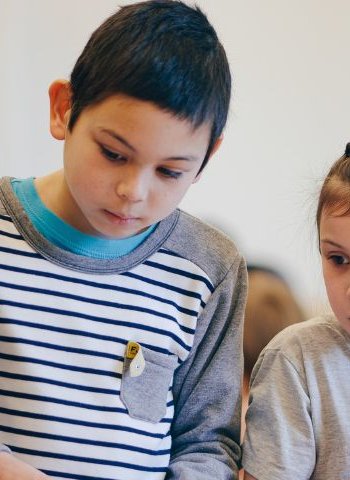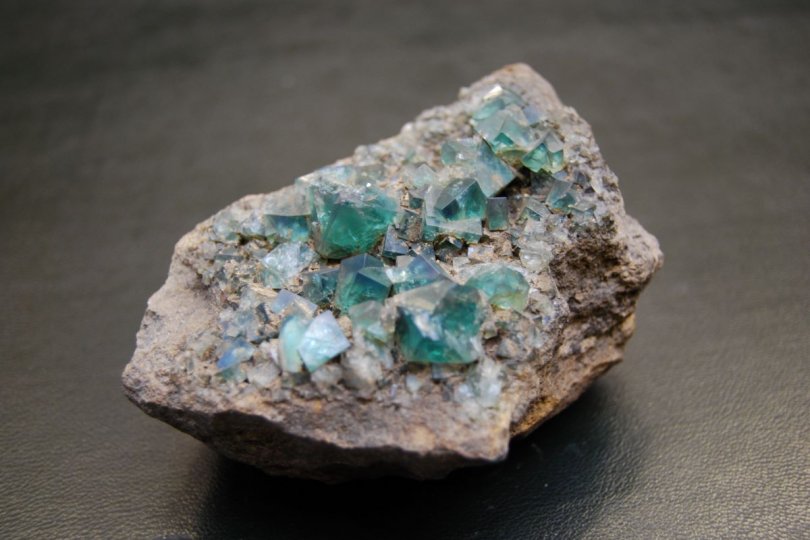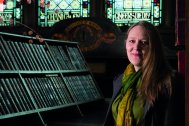What inspired you to be a geologist?
When I was younger, I loved the outdoors and looking at all the different shells, rocks, coloured glass and fossils on the beach. I enjoyed maths and science at school and one of my college lectures suggested doing an extra A-level in Geology, as it brought all the sciences together with field trips and can tell you so much about the past.
What do you do in your job, day-to-day?
My days are really varied! Now I run my own geological business, with my business partner, and have a team of 10 people – who do ground investigations using excavators and drilling rigs. This lets them test and describe the rocks and soils to make sure they’re not contaminated and that they’re strong enough to build new houses, offices and warehouses on. We also investigate old underground coal workings to see how they would affect a new building on the surface – then we make recommendations to make sure the building won’t fall down!
Why do you think learning about what’s beneath our feet (geology) is important?
We need to investigate the ground beneath our feet because it can affect what we build above. If you want to build a bridge you need to think about how it will affect the ground so that you make sure it doesn’t fall down!
Learning about what’s beneath our feet is important because it is where we live. We need to investigate, assess and remediate (make better) site areas, such as old factories, old mine sites and historical developments, to test for contamination in the shallow ground. If there’s contamination, it can affect our long term health – for example if there are heavy metals (things like lead, chromium copper and zinc), hydrocarbons (things like petrol, diesel and oils). If there are things like sulphate or acidic ground conditions, that can affect the materials, such as concrete, that we use in buildings.
In North East England we also need to learn about the shallow coal mine workings so we can design a suitable foundation and remediation solution for a building. We also need to assess for mine/soil gas (for example too much carbon dioxide and methane with not enough oxygen) to provide protection measures for the building developments. When water fills these old mine workings, we can also use the heat energy in the water to heat new homes and offices, which is really exciting as a renewable source of energy.
What advice would you give to someone in school who's thinking about a career in geology?
Geology is a great subject if you enjoy all of the sciences, with a bit of maths, but also enjoy the outdoors – even if it is raining! Geology is very varied. I trained in geology and geography and then geotechnical engineering but there are so many different aspects and careers in geology. It’s not all about just looking at rocks!
Not all schools offer geology but don’t worry too much – there are lots of resources out there to help you to learn about the geology near you.
What is your favourite rock or mineral?
My favourite mineral is an evaporite (that means it’s formed when water evaporates from a solution) called polyhalite. To be exact, polyhalite is a type of salt made from a hydrated potassium calcium magnesium sulphate. It’s not a very pretty rock, but it is very important for food security – it’s used as a fertiliser, to help crops grow stronger and yield more food for the world’s population.
Polyhalite can be found in North Yorkshire (North East England) across to Germany and was formed during the evaporation of the prehistoric Zechstein Sea in the Permian period, 260 million years ago. The hot and dry conditions of the environment at that time meant the sea evaporated quicker than it could be re-filled, leaving behind polyhalite, halite and potash minerals.


